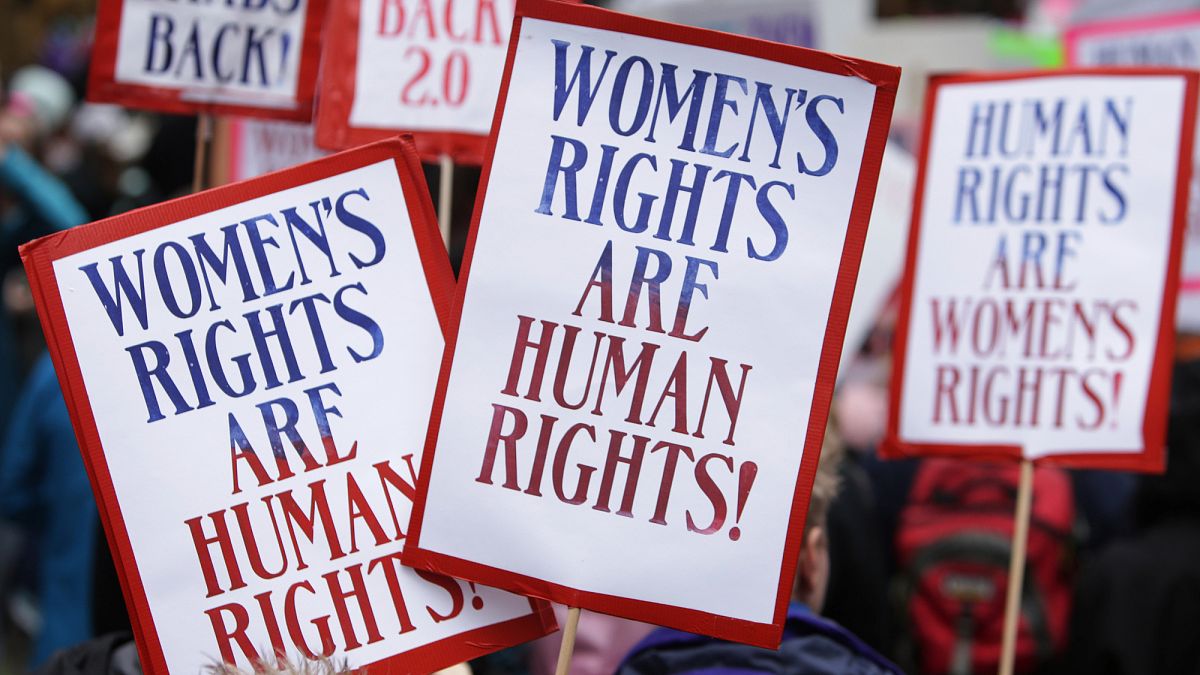The financial insecurity experienced by young men is partly to blame for the rise of anti-feminist discourse, a new study has claimed.
The report, which is published by the European Policy Centre (ECP), suggests that working-class men without university degrees have been particularly affected by declining wealth and employment rates over the past two decades.
“What we do know is that young men face difficulties in terms of income, wealth, purchasing power, access to housing and above all education,” said Javier Carbonell, the ECP analyst who wrote the study.
“And they have fallen behind young women in this respect”, he added.
The gender gap in education continues to widen in favour of women, Carbonell noted.
In Europe, 48% of people aged between 25 and 34 have a degree, but only 37% of them are men.
Young men from the least privileged social classes have also been hit hard by the rise in automated jobs.
“The more manual jobs have disappeared, replaced by machines or software. So it’s structural changes that have led to this decline in male youth,” Carbonell explained.
Young women more inclined towards progressive parties
In the EU, women earn on average 12.7% less than their male counterparts. But a trend is emerging. For the first time in Finland, Malta, Greece, France and Belgium, women under 25 earn more than men. Yet work remains a strong marker of masculinity, the study said.
Against this backdrop of economic difficulties, the far right has been able to attract some of these young male voters.
According to data from European Elections Studies (EES), 17.2% of young men under the age of 25 voted for a far right-wing party in the last European Parliament elections. This figure is almost twice as high as the 9.5% of young women who voted for the same parties.
According to Carbonell, this political divide is creating a new divide. The analyst explains that young women are more likely to vote for progressive parties, while men are more likely to vote for right-wing parties.
“This is especially the case among the younger population. In the older population, women aged 35 or 55 are more or less equally likely to vote for the far right than men”, Carbonell said.
He added that the impact of this trend goes beyond gender issues. The radicalisation of young men can also influence policies on the environment, migration and economic redistribution through the election of extremist parties.
To protect women’s rights, the analyst suggests that it is not enough to combat anti-feminist discourse and denounce misogyny. He calls on those in charge to also find economic solutions for all through housing policies and to provide prospects for the job market.
The report also stresses that these measures must not be taken at the expense of policies to support women. On the contrary, efforts to improve the representation, income and security of women must also be accelerated to bring greater certainty to young people as a whole.

